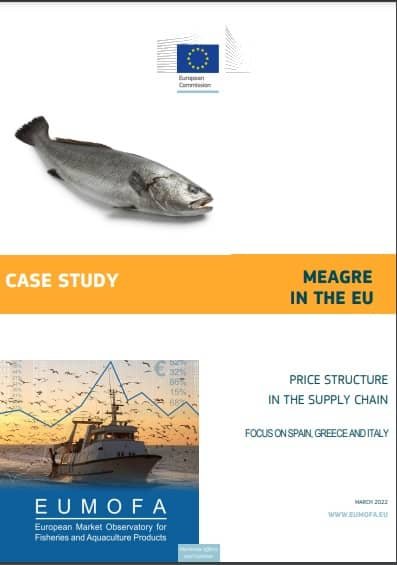There are still weeks to go before audits can be carried out against ASC’s new Seabass, Seabream and Meagre Standard, but farms have already been preparing for certification and arranging audits as soon as possible.
Several audits have now been announced against the latest ASC standard, with the first planned to begin as soon as possible. When the standard was launched in September last year, a six month effective period began, during which producers and auditors could familiarise themselves with the standard. Audits can only take place once this effective period comes to an end – and the first farms to announce their audits are due to do this the very day this happens.
“This latest standard was developed in response to strong stakeholder demand for these species to be certified, and that demand is certainly evident in the growing number of audits we’re seeing scheduled in before the effective period has even ended,” said Dennis Wittmann, Assurance Coordinator at ASC. “We’re delighted that others are as excited by this new standard as we are at ASC.”
The first company to announce audits is SÜRSAN SU ÜRÜNLERI in Turkey, which has arranged for two farms – both producing seabass and seabream – to be audited by the Conformity Assessment Body (CAB) Acoura.
Since then, a number of other farms producing seabass, seabream, and meagre, have announced audits to take place shortly after the effective period is complete in late March and early April. These farms are located in Turkey, Greece, Croatia and Albania.
Production of seabass, seabream and meagre has grown in recent years, particularly in Turkey and Greece, to meet the rising demand for the species in markets such as Japan, the Middle East and North America. These new markets supplement continuing strong demand for the species in Europe.
The new standard is based on a combination of indicators from ASC’s existing multi-stakeholder standards and additional metrics that were developed to address the specific impacts of farming seabass, seabream and meagre. For the new requirements, ASC worked with NGOs and industry partners and completed multiple site visits to countries including Greece, Turkey and Japan to develop unique metrics including prohibitions on the siting of farms near seagrass meadows to protect these important areas from the potential negative impacts of aquaculture.
Transparency is an important part of the ASC programme, and you can find out what farms have planned audits against any standard using the Find a Farm feature, where you can search by name, species, country, and certification status. This can also be used to search for ASC suppliers and products.
Stay Always Informed
Join our communities to instantly receive the most important news, reports, and analysis from the aquaculture industry.
Source: ASC
Editor at the digital magazine AquaHoy. He holds a degree in Aquaculture Biology from the National University of Santa (UNS) and a Master’s degree in Science and Innovation Management from the Polytechnic University of Valencia, with postgraduate diplomas in Business Innovation and Innovation Management. He possesses extensive experience in the aquaculture and fisheries sector, having led the Fisheries Innovation Unit of the National Program for Innovation in Fisheries and Aquaculture (PNIPA). He has served as a senior consultant in technology watch, an innovation project formulator and advisor, and a lecturer at UNS. He is a member of the Peruvian College of Biologists and was recognized by the World Aquaculture Society (WAS) in 2016 for his contribution to aquaculture.







